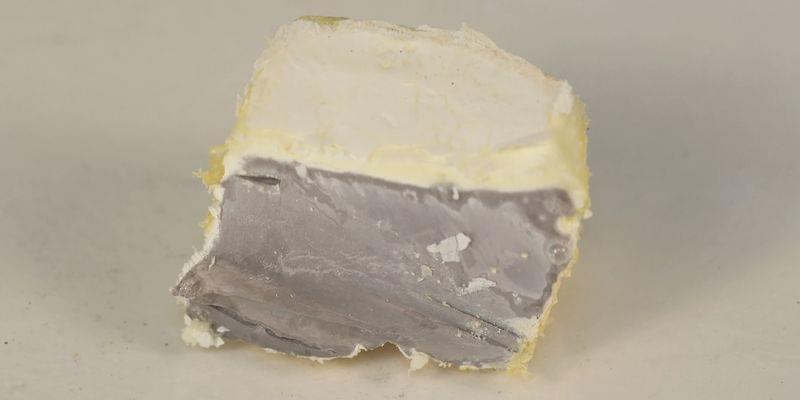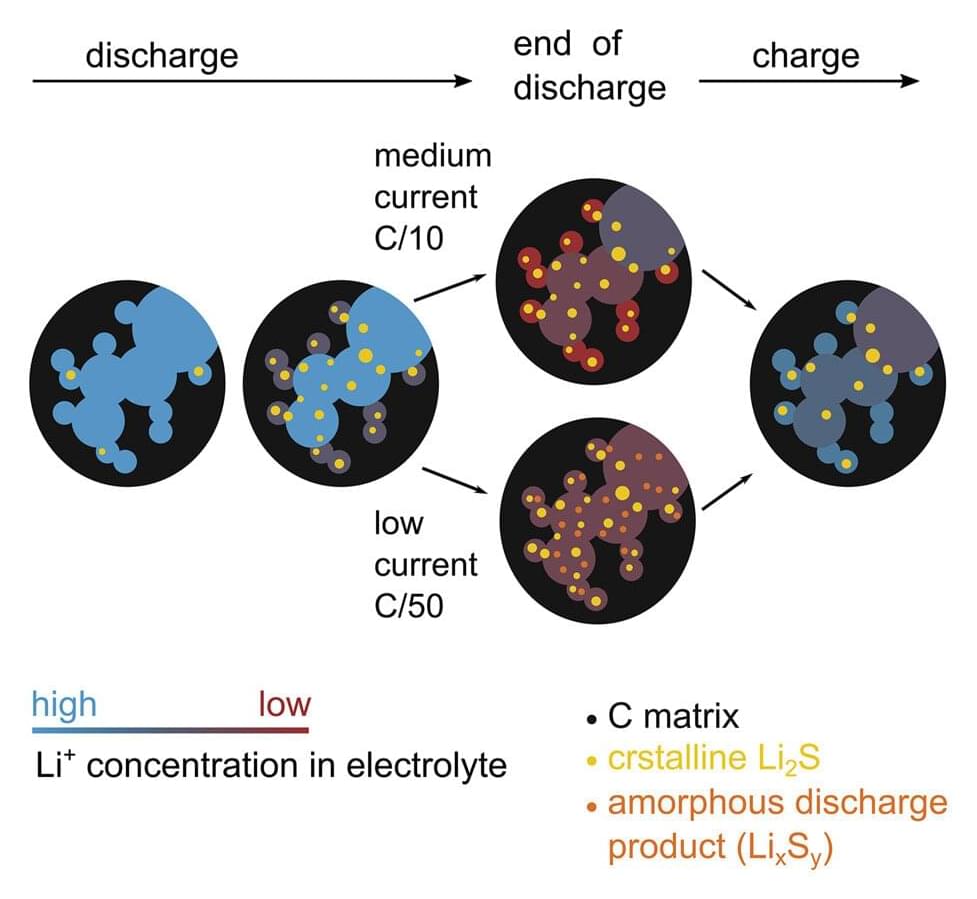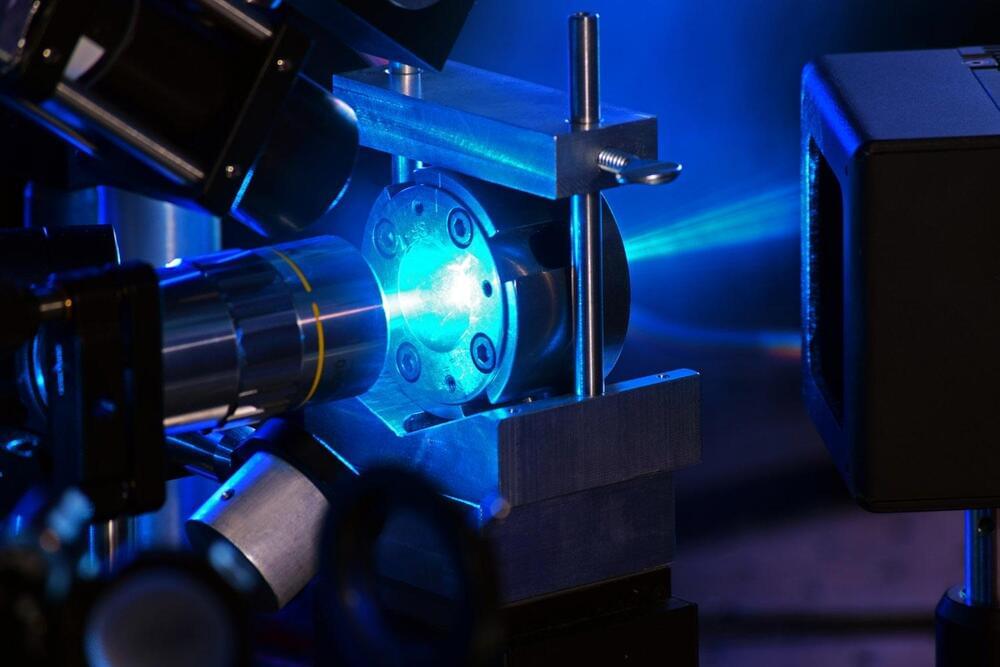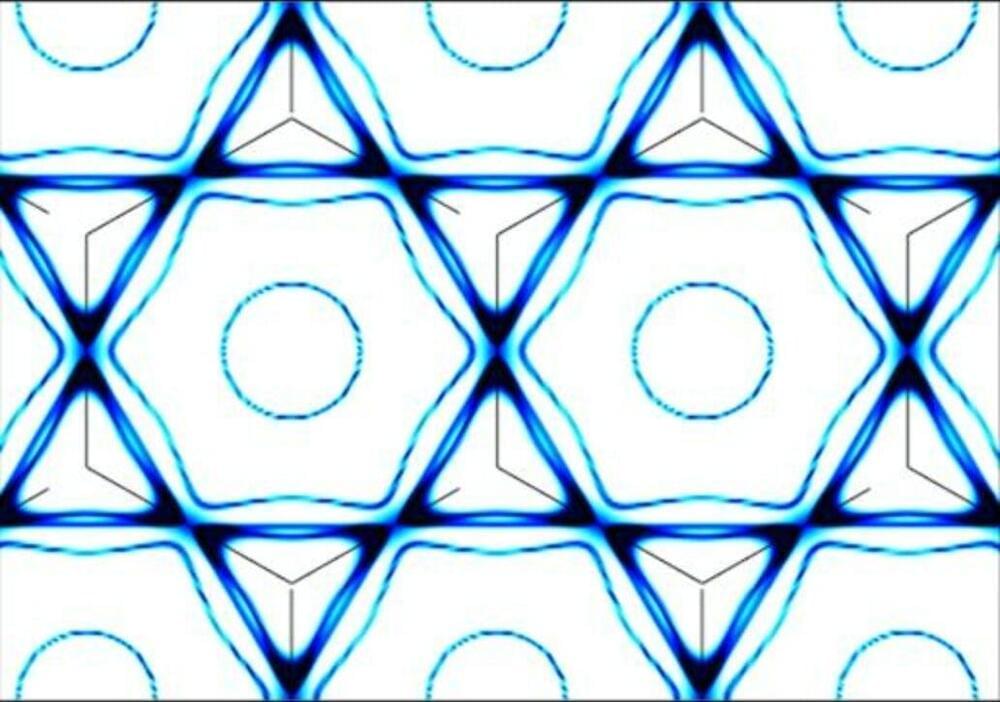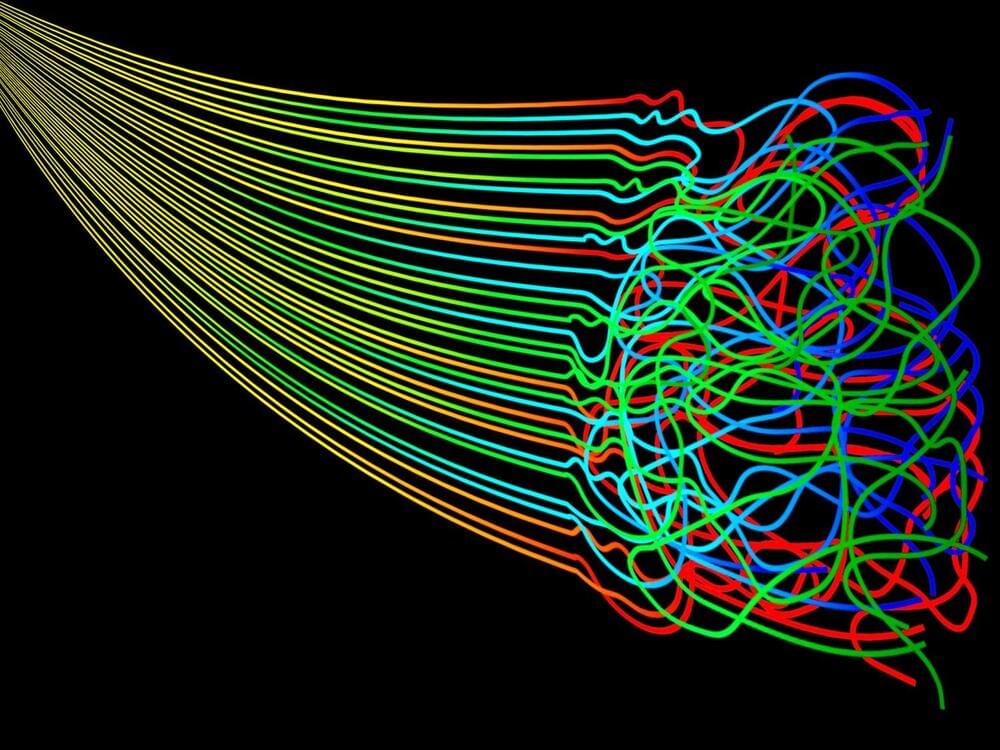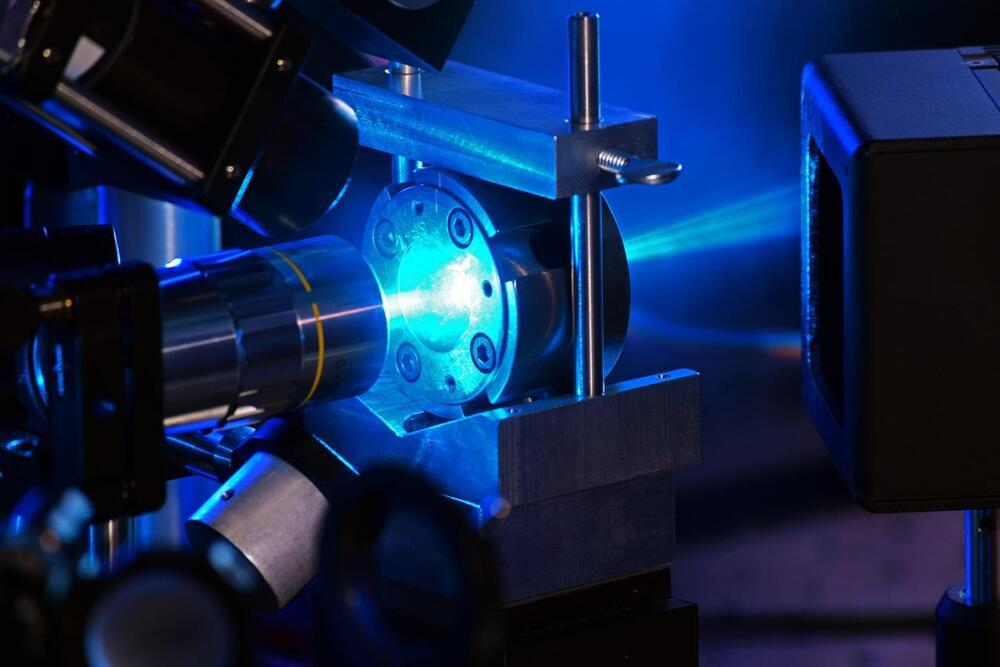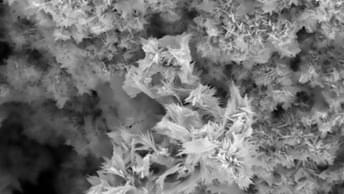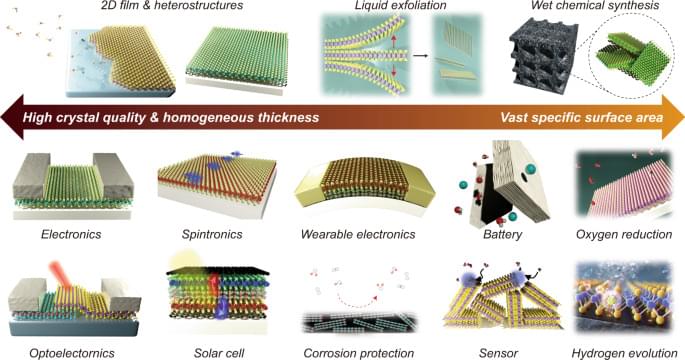Mar 25, 2022
Sodium-Based Material Yields Stable Alternative to Lithium-Ion Batteries
Posted by Jamal Simpson in categories: energy, materials
University of Texas at Austin (UT Austin) researchers have created a new sodium-based battery material that is highly stable, capable of recharging as quickly as a traditional lithium-ion battery, and able to pave the way toward delivering more energy than current battery technologies.
For about a decade, scientists and engineers have been developing sodium batteries, which replace both lithium and cobalt used in current lithium-ion batteries with cheaper, more environmentally friendly sodium. Unfortunately, in earlier sodium batteries, a component called the anode would tend to grow needle-like filaments called dendrites that can cause the battery to electrically short and even catch fire or explode.
In one of two recent sodium battery advances from UT Austin, the new material solves the dendrite problem and recharges as quickly as a lithium-ion battery. The team published their results in the journal Advanced Materials.
